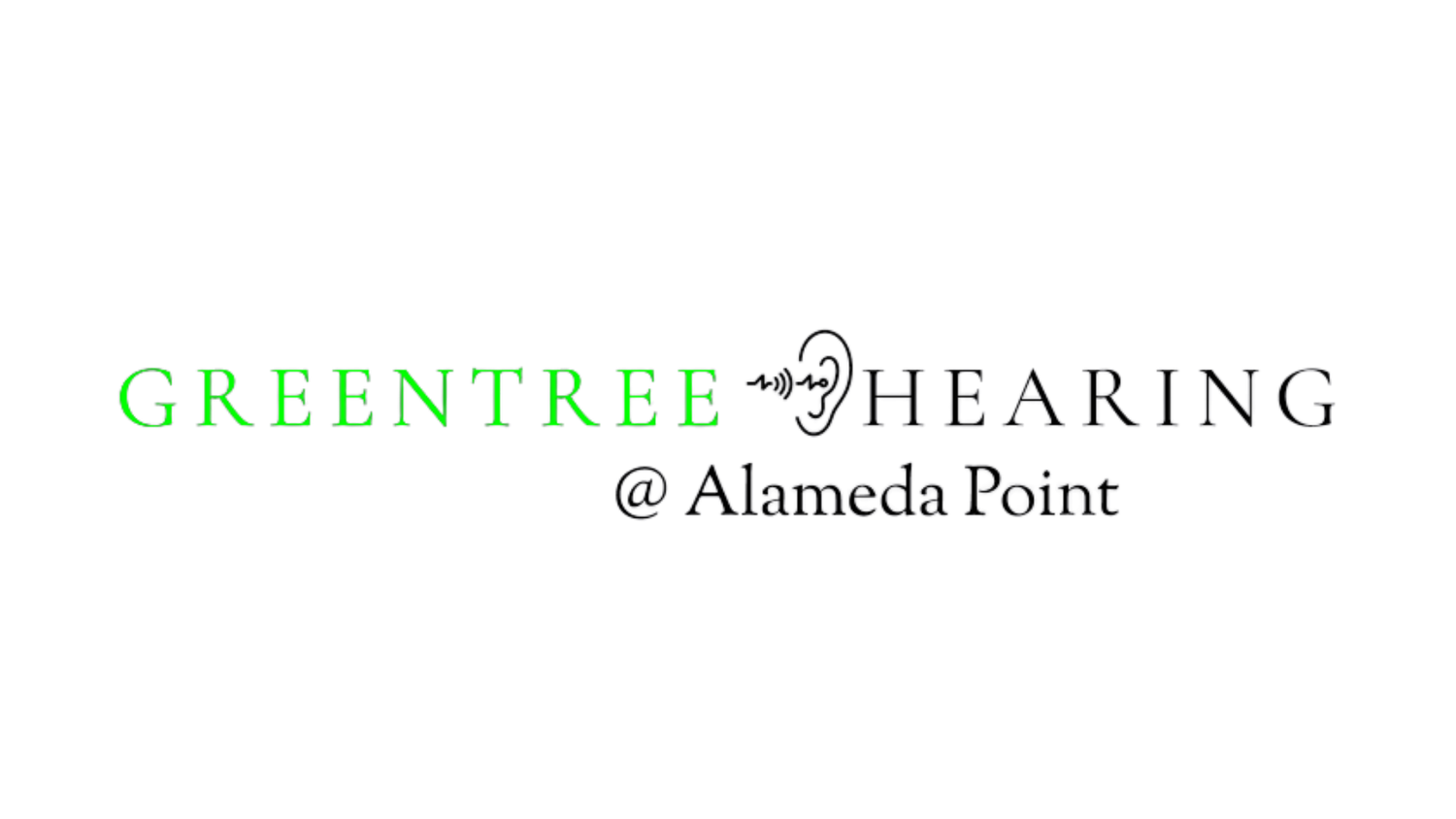What’s this buzz I’m hearing about over-the-counter ?
What are over-the-counter hearing aids?
The following article is from: https://www.nidcd.nih.gov/health/over-counter-hearing-aids / Image on page is NOT an over-the-counter device— meant for humor purpose only.
Over-the-counter (OTC) hearing aids are a new category of hearing aids that consumers will soon be able to buy directly, without visiting a hearing health professional. These devices are intended to help people with perceived mild-to-moderate hearing loss. Like traditional hearing aids, OTC hearing aids will make sounds louder so that some people with difficulty hearing are better able to listen, communicate, and participate fully in daily activities. In addition, OTC hearing aids will be regulated as medical devices by the U.S. Food and Drug Administration (FDA).
OTC hearing aids will be an alternative to today’s FDA-regulated hearing aids, which are currently only available from hearing health professionals, such as audiologists, otolaryngologists (ear, nose, and throat doctors), and hearing aid specialists. The hearing health professional fits you for the hearing aid, adjusts the device based on your hearing loss, and provides other services.
When OTC hearing aids are available, you will be able to buy them directly in stores and online, where today’s hearing aids are not available. You will fit them yourself, and you may be able to control and adjust the devices in ways that users of today’s hearing aids cannot. Some OTC hearing aids might not look like today’s hearing aids at all.
OTC hearing aids will be for adults with perceived mild-to-moderate hearing loss. They are not meant for children or for adults who have severe hearing loss or significant difficulty hearing. If you have severe hearing loss, OTC hearing aids might not be able to amplify sounds at high enough levels to help you.
The FDA is establishing regulations that manufacturers of OTC hearing aids will need to follow. In general, these federal regulations will:
Ensure that the OTC devices are safe and effective for people with mild-to-moderate hearing loss.
Set standards for package labels to help buyers understand OTC hearing aids and who might benefit from them. The labels will also include warnings and other information you should know before buying or when using the hearing aid, such as signs that indicate that you should see your primary care provider or other health care professional.
Currently, hearing devices that you can buy directly (without seeing a health care professional first) are not intended for people with hearing loss. Importantly, these devices, known as personal sound amplification products (PSAPs), are for people without hearing loss to boost their ability to hear certain sounds in certain situations, such as while hunting. While the FDA will regulate OTC hearing aids as medical devices for adults for hearing loss, PSAPs are not regulated as medical devices by the FDA. In October 2021, the FDA released a draft guidance document intended to describe hearing aids, PSAPs, their respective intended uses, and regulatory requirements that apply to both types of products.
Don’t worry about sounding professional. Sound like you. There are over 1.5 billion websites out there, but your story is what’s going to separate this one from the rest. If you read the words back and don’t hear your own voice in your head, that’s a good sign you still have more work to do.
Be clear, be confident and don’t overthink it. The beauty of your story is that it’s going to continue to evolve and your site can evolve with it. Your goal should be to make it feel right for right now. Later will take care of itself. It always does.
citation: https://www.nidcd.nih.gov/health/over-counter-hearing-aids, updated October 22, 2021

